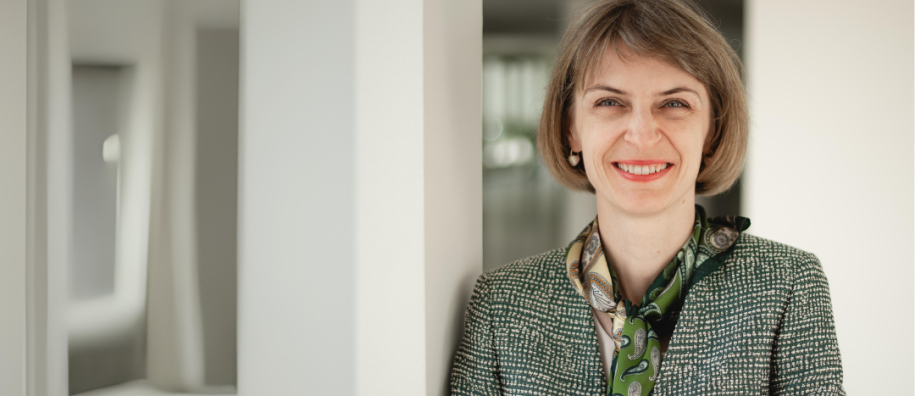
Share with us what was your path to the position of Vice-Rector for Science and Innovation at Mykolas Romeris University (MRU)? What activities have you been involved in so far, or are you still involved in?
I spent most of my professional life in higher education, but four years ago I decided to leave the university and go to work in the public sector, with my main research focus on the management of information technology in the public sector. Practical experience has shown the long and patient road that needs to be travelled in order for theoretical insights, although based on objective research, to take root in organisations and start to create value. Therefore, when the Rector of MRU, Prof. Dr. Inga Žalėnienė, unexpectedly offered me to join her team as Vice-Rector for Science and Innovation, I decided to accept the offer, as this position is to a large extent related to increasing the impact of scientific results on society.
Tell us about your relationship with MRU? What is your story at this university?
I graduated from Kaunas University of Technology with a Bachelor's degree in Computer Science and a Master's degree in Software Engineering. However, while studying and working in the field of information technology, I noticed that very often in order to create good software that meets users' expectations, one needs to have knowledge and skills in social sciences, i.e. management, law, communication, pedagogy, psychology. Therefore, when choosing where to study for my PhD, I looked for a university where I could work on the social aspects of information technology design and development. At that time (2006), interdisciplinary research and studies were not yet as widespread as they are now, but MRU already had Master's degree programmes in Legal Informatics and e-Government. They were supervised by Prof. Dr. Rimantas Petrauskas, Head of the Department of Informatics and Statistics, who invited me to MRU.
I spent more than 14 years of my active professional life at MRU: I completed my PhD studies, taught students, worked in international and national research projects, headed study programme committees, was the head of the Business Innovation Laboratory, and a member of the Senate. All these responsibilities have given me the opportunity to get to know the people of the University, working in different faculties and administrative units. I am glad that this connection has been maintained even after I rejoined the MRU team after a break.
What goals and objectives have you set for yourself as Vice-Rector?
The MRU Strategy 2024-2029 has two main objectives for the scientific field: increasing the impact and visibility of research results and the transfer of knowledge, skills and technologies to society, strengthening the University's leadership and engagement in the innovation ecosystem. As I am also responsible for the Library, the strategy also includes the modernisation of our Library to make it once again an information and communication space that unites the entire university community.
All these goals and objectives cannot be achieved without the motivation and commitment of our people. Therefore, my main focus will be to find ways to enable every researcher to discover and realise his/her personal scientific potential at MRU, and to keep in mind the true meaning of scientific work when navigating the sometimes complex system of evaluating scientific results.
Imagine MRU in 10 years. How do you see it? What will have changed, and what will perhaps remain as it is now?
I think that, as now, in 10 years' time MRU will remain a flexible university open to innovation, where every member of the community will always have the opportunity to try out unconventional ideas and thus contribute not only to the improvement of the University itself, but also to the change of the higher education system as a whole, both on a national and global level.
What would you like to wish for the whole university community - students, lecturers, administrative staff?
Carl Newport writes in his latest book, "Slow Productivity: The Lost Art of Accomplishment Without Burnout", that one of the greatest inner satisfactions for anyone is the pleasure of thinking deeply and then doing well at one's job or any other activity. This inner satisfaction, according to the author, can be achieved by following the three principles of slow productivity: focusing on a small number of tasks, taking your time, and valuing quality above all else.
I wish that the members of our university community would keep these principles in mind, try to experience the joy of slow productivity as often as possible, and do not succumb to the still quite common notion that productivity is about being constantly busy and lost in the midst of a multitude of e-mails, social media messages, meetings and activities.